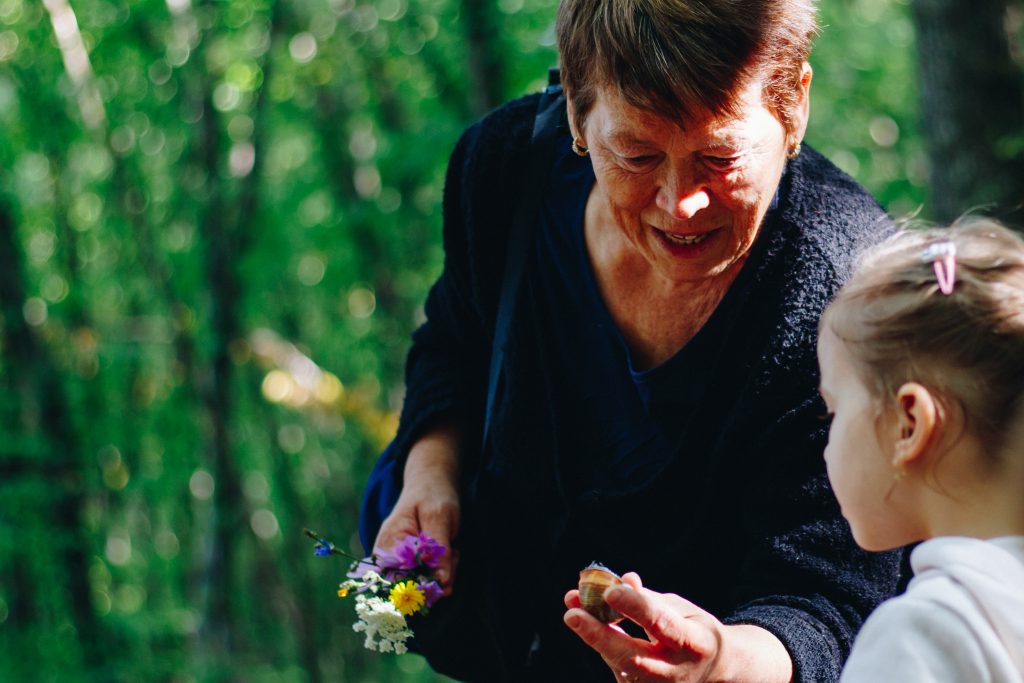The responsibility as a parent is to take care of the child and make sure that their needs are met and that they are safe. With parents who are aging, the traditional role changes. As an adult child begins to care for their parent, the role has reversed and carries a deep impact. Each parent-child relationship is a complex one with unique history and memories. For many caring for their elderly mother or father, it is a gesture of gratitude.
Cognitively and physically, your senior parents cannot do the things that they used to do. These times can be challenging emotionally for them, but also for you. There is a process of accepting that things have changed, including the roles.
As hard as these changes are for you, remember that these changes are happening quickly for them and they are difficult for your parent to admit that they may need help.
Give them some control.
Taking care of your senior parent is a great thing to do. However, this can leave them feeling worthless or a bother. It is important to remember to keep them involved in their decisions. Including them in the decision process will help them to feel more comfortable when it comes to future important decisions.
Work to involve your parent in decision making by giving them options to choose from. It may be a good idea to write down the decisions so that everyone can refer back to the decisions made.
Take care of yourself.
Taking care of someone is an overwhelming process. Just as someone on an airplane is instructed to put their own oxygen mask on before assisting to help other passengers, caregivers need to first take care of themselves. Your own emotional and physical health is as important as the health of the one that you are taking care of.
Healthy eating, exercising, sleeping and socializing are important to your well-being. Remember to take help from family and friends in various tasks to make your life easier.
Get support.
If the physical and emotional health problems of your parent are beyond your capability of providing care for, consider other options for them. It is important to seek emotional and physical health support specifically intended for senior adults.
Listen to them.
Give your parent opportunity to talk about their concerns, fears, wishes and feelings in order to keep communication open. Social isolation and loneliness are problems among older adults. Disconnection from friends and family can lead to a depression. To prevent these overwhelming feelings of loneliness, spend time with them and be a listening ear.
There are certainly similarities with elder care and parenting, but there are also many differences. As a caregiver, preserving your parent’s dignity, independence and their sense of control as safely as possible should be a priority.

